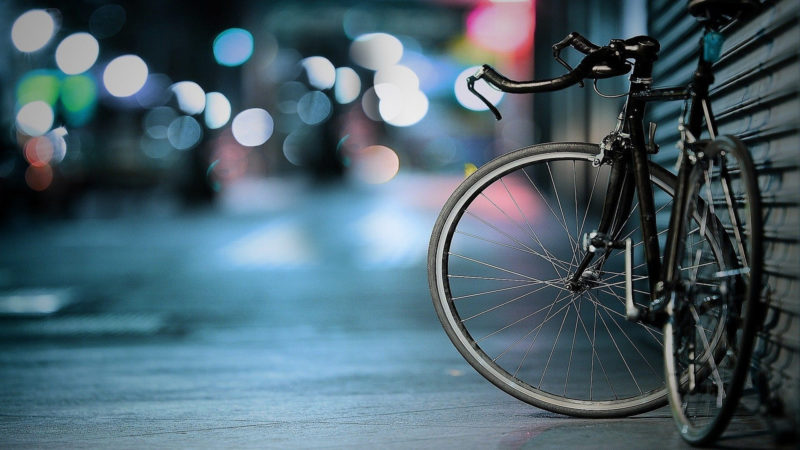In the State of New York, you can bicycle drunk without being charged with a DWI. New York law does not allow charges to be brought against the driver of a “muscular-powered” vehicle. With debate increasing about cyclists on the road, it may now be time to examine New York DWI laws in regard to cyclists.
In New York, you can be arrested and charged for operating any motor vehicle. There are five separate classes of impaired/intoxicated driving charges:
1. Driving while impaired;
2. Driving while intoxicated;
3. Aggravated driving while intoxicated;
4. Driving while impaired by drugs;
5. Felony driving while intoxicated or impaired by drugs.
Each different category comes with its own criteria for a conviction and sentencing based on age, level of impairment/intoxication, type of driver’s license (commercial vs. non-commercial, conditional vs. unconditional), and whether the individual has been previously convicted for driving while impaired/intoxicated. Each charge comes with its own punishment, and these can be severe. Sentences range from $500 to $10,000 in fines, 15 days to several years in jail, and a six-month license suspension to a permanent license revocation.
New York lawmakers have consistently tried with some measures of success to up the ante and increase penalties for DWIs and repeat offenders. According to Mothers Against Drunk Driving (MADD), in 2012 29 percent of all New York traffic deaths resulted from drunk driving. Most recently, the New York legislature enacted an update to Leandra’s Law, which mandates a felony charge for any drunk driver traveling with a passenger under the age of 16. The expansion of Leandra’s Law provides harsher penalties for repeat offenders operating with conditional licenses, and allows for longer mandatory time period for offenders to use interlock ignition devices.
With all this lawmaking and changing regarding drunk and impaired drivers, perhaps the conversation should turn again to drunken cyclists. New York law requires that “Every person riding a bicycle…be granted all of the rights and shall be subject to all of the duties applicable to the driver of a vehicle…” In other words, state law requires that cyclists have to follow same rules of the road as drivers do. It makes sense then that cyclists should not be allowed to cycle while impaired or intoxicated. Imagine the danger a drunken cyclist could pose to other travelers. Swerving in road lanes, striking pedestrians on sidewalks, and causing traffic accidents are some of the dangers posed by intoxicated cyclists. A handful of states allow for “BUIs” or “CUIs” (biking/cycling under the influence), including California and Washington. In California, the penalty for a CUI is comparatively much lower than a DUI/DWI, and understandably so. The potential dangers posed by a drunken cyclist are much less than those posed by a drunk driven.
Some argue that biking while intoxicated or under the influence, while a dangerous act, should not be outlawed given that bicycles are not motor vehicles. DWIs/DUIs should be reserved for drunk drivers as they pose much more risk. Additionally, BUIs/CUIs may discourage cyclists from using what many agree to be a more environmentally sound way to commute. Ultimately, it will be up to New York lawmakers to determine if this issue is raised, and any laws are passed. However, it looks like for now, New York cyclists are off the hook.
DISCLAIMER: The exclusive purpose of this article is educational and it is not intended as either legal advice or a general solution to any specific legal problem. Corporate offices for Nave DWI Defense Attorneys are located at 432 N. Franklin Street, Suite 80, Syracuse, NY 13204; Telephone No.: 1-866-792-7800. Prior results do not guarantee a similar outcome. Attorney Advertising.





